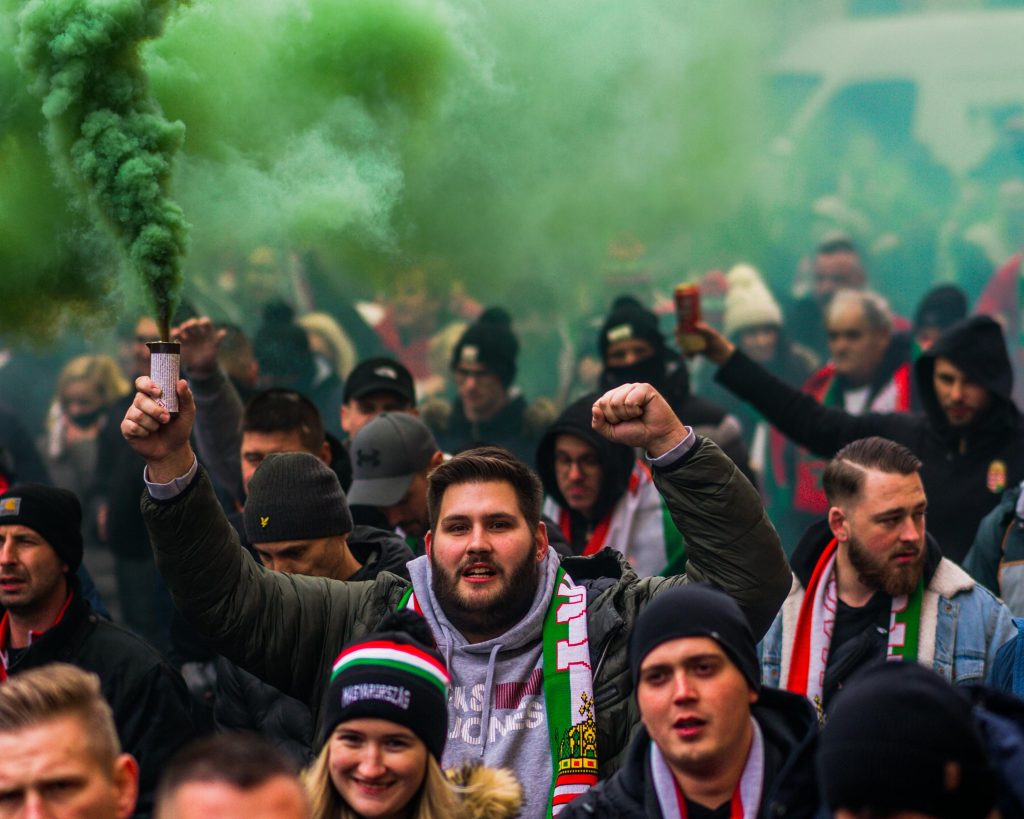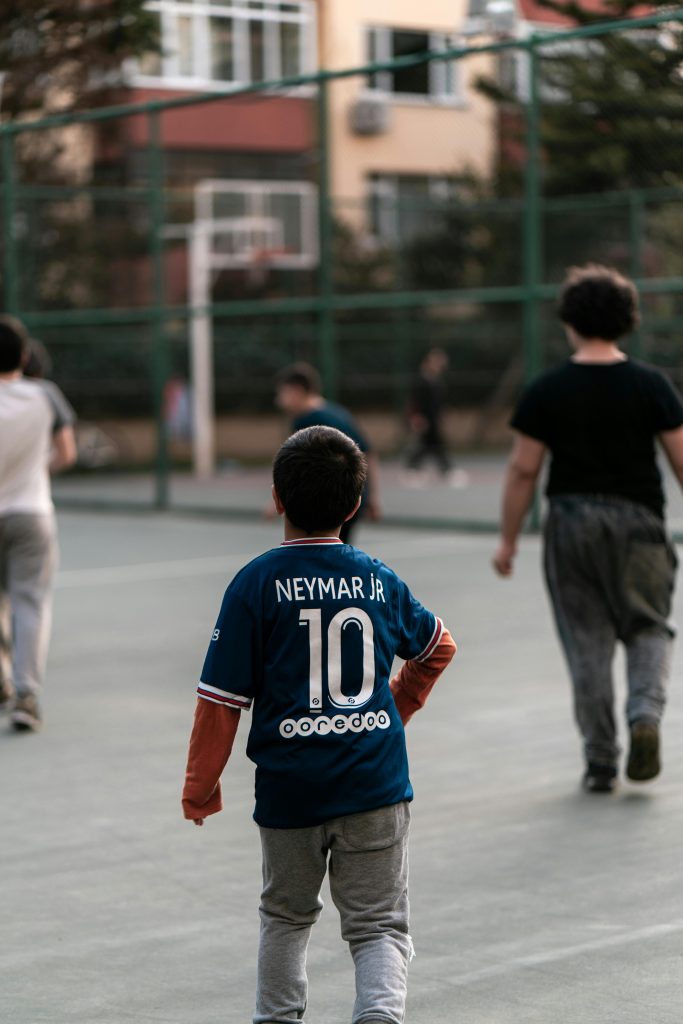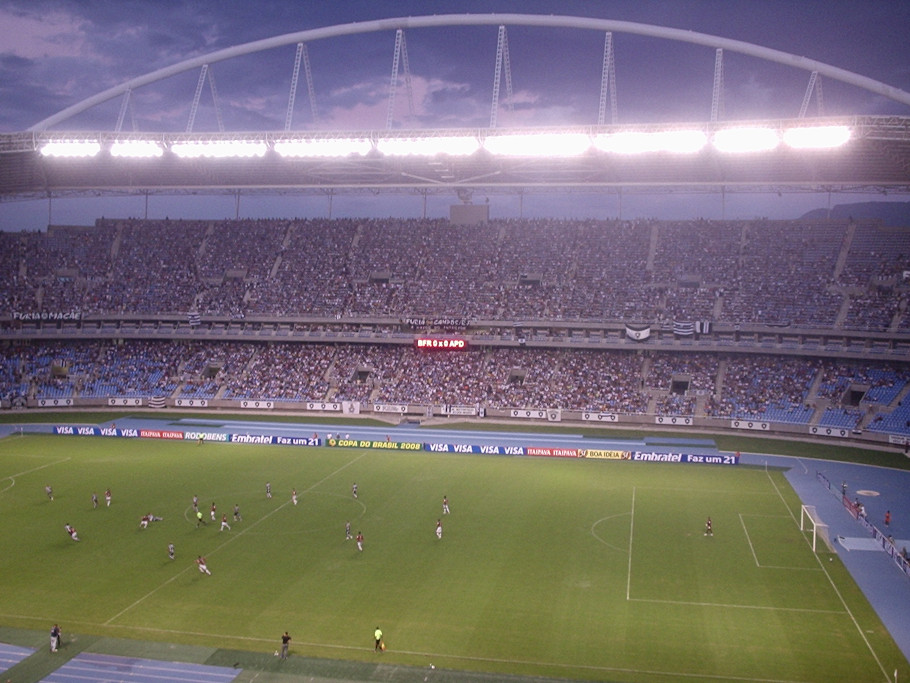Football, often celebrated for its ability to transcend cultural and geographical boundaries, is more than just a game. It is a powerful socio-political tool that has influenced and been influenced by the political landscape in numerous ways. From being a medium of protest to a means of propaganda, football’s interaction with politics has shaped societal changes and movements across the globe. This article delves into how football has been intertwined with politics, serving as a platform for social movements and reflecting broader political dynamics.
Historical Context: Football’s Political Roots
The relationship between football and politics is long-standing and complex, with the sport often reflecting the socio-political climate of the times. In the early 20th century, football clubs in Europe were frequently founded by social and political groups. For example, many clubs in Spain and Italy emerged with strong ties to local working-class communities and labor movements, using football as a means to foster solidarity and collective identity.
During the interwar period, authoritarian regimes recognized the unifying power of football and sought to co-opt the sport for nationalist propaganda. In fascist Italy under Mussolini, football was used to promote national pride and cohesion, with the national team’s successes being leveraged to enhance the regime’s legitimacy. Similarly, in Nazi Germany, football was instrumentalized to project an image of Aryan superiority and national strength.
Football as a Platform for Protest and Resistance
Football’s vast popularity and global reach have made it a powerful platform for protest and resistance against oppression and injustice. Throughout history, football matches and tournaments have provided a stage for political statements and acts of defiance.
One of the most iconic examples is the “Football War” between El Salvador and Honduras in 1969, where political tensions and socio-economic issues culminated in a conflict sparked by a series of World Cup qualifying matches. While the war had deeper roots in land reform and immigration disputes, the football matches acted as a catalyst, demonstrating how sport can escalate existing political tensions.
In more recent times, football has been a medium for expressing dissent against authoritarian regimes. During the Arab Spring, football ultras (organized fan groups) played a crucial role in mobilizing protests and coordinating efforts against oppressive governments. In Egypt, the ultras of Al Ahly SC and Zamalek SC were at the forefront of anti-government protests, using their organizational skills and unity from football to challenge the state.
Football and National Identity
Football often serves as a potent symbol of national identity and pride, particularly during international tournaments like the FIFA World Cup or the UEFA European Championship. These events can strengthen national cohesion and provide a platform for expressing cultural and national identity on a global stage.
For nations emerging from colonial rule or political turmoil, football success can signify a new beginning and a reclaiming of national pride. The Algerian national team’s performance during the 1982 World Cup, for instance, was a source of immense pride for a country still grappling with its post-colonial identity. Similarly, Croatia’s remarkable run to the World Cup final in 2018 was seen as a unifying force in a nation that has experienced significant political and social upheaval since gaining independence in the early 1990s.
Conversely, football can also expose and amplify national and ethnic tensions. The Balkan conflicts of the 1990s saw football matches between teams from different ethnic backgrounds becoming flashpoints for violence and nationalist sentiment, reflecting the deep-seated divisions within the region.
Football and Political Symbolism
Football players and teams have often used the sport as a means of political expression, employing symbols and gestures to convey powerful messages. This can range from the subtle to the overt, with players using their visibility and influence to take stands on critical issues.
The Black Power salute by American athletes Tommie Smith and John Carlos at the 1968 Olympics is a famous example of athletes using their platform to make a political statement. In football, similar gestures have been seen, such as the wave of “taking a knee” protests initiated by NFL player Colin Kaepernick and later adopted by footballers worldwide to protest racial injustice and police brutality.
During the 2018 World Cup, Swiss players Granit Xhaka and Xherdan Shaqiri, both of Kosovar-Albanian descent, celebrated their goals with the Albanian eagle hand gesture in a match against Serbia. This act highlighted the complex interplay between sport and ethnic identity, reflecting their personal and political connections to the region’s tumultuous history.
Football and Political Regimes
Authoritarian regimes have frequently leveraged football to bolster their image and assert control. By associating themselves with successful football teams or hosting prestigious tournaments, these regimes seek to legitimize their authority and distract the populace from socio-political issues.
The 1978 FIFA World Cup in Argentina is a prime example. The military junta in power at the time used the tournament to project a positive image of Argentina to the world, despite widespread human rights abuses. The Argentine team’s victory was portrayed as a triumph of the nation, helping to rally public support for the regime.
Similarly, during the Soviet era, football clubs and national teams were often used as instruments of state propaganda. Dynamo Moscow and Spartak Moscow, for instance, were affiliated with different branches of the Soviet state and reflected the political rivalry within the Soviet Union itself. Victories on the pitch were celebrated as proof of the superiority of the Soviet system.
Football in Democratic Movements
In democratic contexts, football has often been a mirror for social and political movements, reflecting and amplifying public sentiment. Clubs and players can become symbols of broader democratic struggles and societal change.
The role of FC Barcelona in Catalonia’s quest for independence is illustrative of how football clubs can embody regional political aspirations. Known as “Més que un club” (More than a club), Barcelona has long been a symbol of Catalan identity and resistance to Spanish centralism. The club’s support for Catalan language and culture, combined with its success on the field, has made it a focal point for Catalan nationalism.
Football clubs can also become platforms for advocating progressive causes. In England, clubs like Clapton CFC and FC United of Manchester have championed social issues, from anti-fascism to community ownership models. These clubs use football as a means to promote democratic values and foster community engagement, positioning themselves as alternatives to the commercialized mainstream football industry.
The Future: Football’s Evolving Political Role
As football continues to grow globally, its political role is likely to evolve. Several trends suggest that football will remain a significant arena for political expression and social change:
- Globalization and Media: The global reach of football and its extensive media coverage mean that political statements made by players and teams can quickly gain international attention. This amplifies the impact of their messages and provides a platform for addressing global issues such as human rights, climate change, and inequality.
- Activism and Advocacy: Increasingly, footballers are using their platforms to advocate for social justice causes. Organizations like Common Goal, which encourages players to donate a portion of their salaries to social causes, reflect a growing trend of athletes engaging in activism beyond the pitch.
- Regulation and Governance: Football’s governing bodies, such as FIFA and UEFA, face ongoing challenges in balancing political neutrality with the sport’s inherent social and political dimensions. Issues like hosting rights, player conduct, and sponsorship deals often intersect with political concerns, necessitating careful navigation by these organizations.
- Technology and Social Media: Digital platforms and social media have given players and fans new tools for political expression. Football-related activism is increasingly being driven by online campaigns, petitions, and viral movements, reflecting the broader digitalization of political engagement.
In conclusion, football’s relationship with politics is multifaceted and enduring. The sport’s capacity to unite people, reflect social issues, and serve as a platform for political expression underscores its significance beyond mere entertainment. As football continues to evolve, its role in shaping and reflecting political landscapes will likely remain as dynamic and influential as ever.
- Neymar’s Return to Santos FC - January 29, 2025
- Manchester United and Manchester City: Challenges in the 2024-2025 Premier League Season - January 5, 2025
- Manchester City: The Downfall of a Modern Football Powerhouse - December 16, 2024




Jip de wijs is positief
Het is mijn favoriete pagina om voetbal nieuws bij te houden